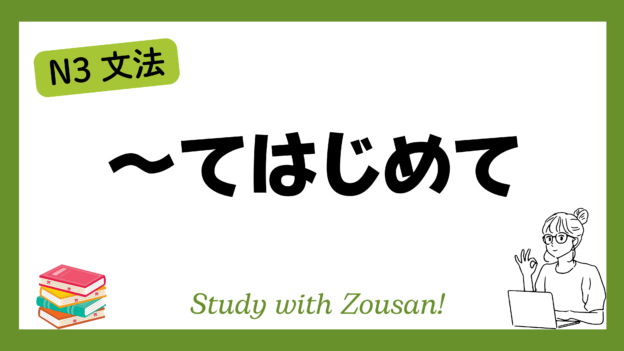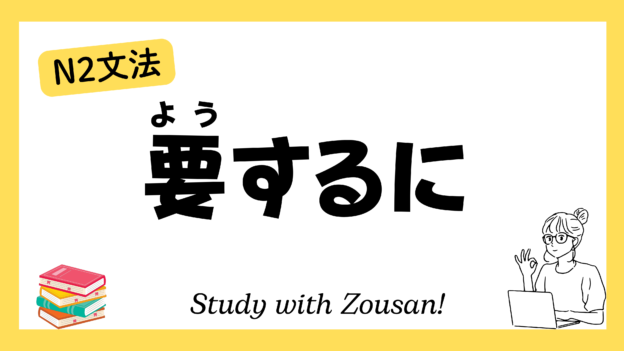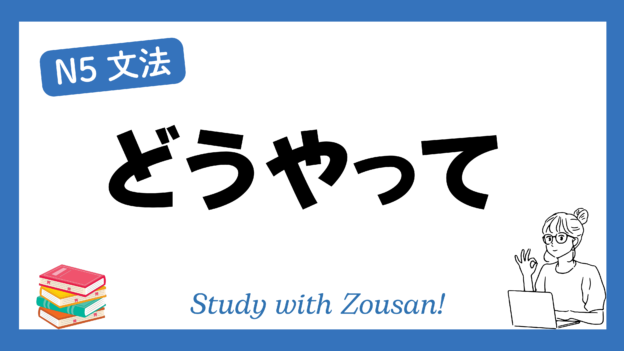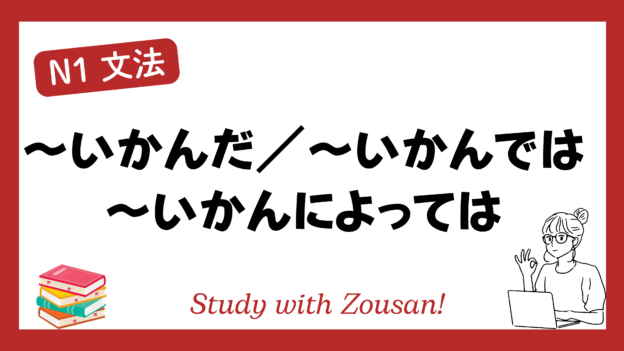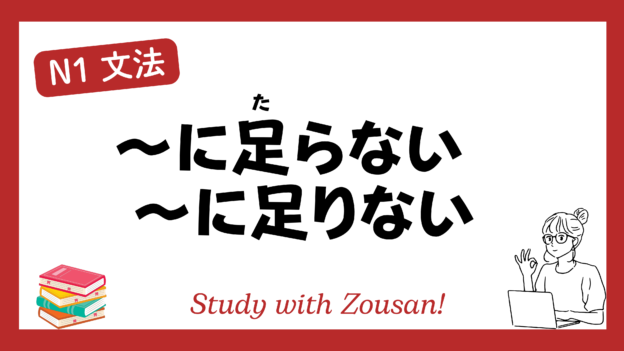N3文法:~てはじめて
Meaning: “Only after…”, “Not until…”
“~てはじめて” is used to express that something happens or becomes understood only after a certain event or action takes place. It can be translated as “only after” or “not until,” indicating that a realization, understanding, or significant event occurs after a particular experience or action.
※Note: This structure emphasizes that the event or realization happens for the first time as a direct result of a previous action or experience.
Structure:
| Verb (てform) + | はじめて |
Example:
-
-
-
🌟 日本に来てはじめて、寿司が好きになった。
(にほん に きて はじめて、すし が すき に なった。)
It wasn’t until I came to Japan that I started liking sushi. -
🌟 彼と話してはじめて、彼の優しさに気づいた。
(かれ と はなして はじめて、かれ の やさしさ に きづいた。)
Only after talking to him did I realize his kindness. -
🌟 失敗してはじめて、自分の弱さを知った。
(しっぱい して はじめて、じぶん の よわさ を しった。)
It was only after failing that I realized my own weakness. -
🌟 自分でやってみてはじめて、その難しさがわかった。
(じぶん で やって みて はじめて、その むずかしさ が わかった。)
Only after trying it myself did I understand how difficult it was. -
🌟 親になってはじめて、親の気持ちがわかるようになった。
(おや に なって はじめて、おや の きもち が わかる よう に なった。)
It wasn’t until I became a parent that I understood my parents’ feelings. -
🌟 病気になってはじめて、健康の大切さを実感した。
(びょうき に なって はじめて、けんこう の たいせつさ を じっかん した。)
Only after getting sick did I truly realize the importance of health. -
🌟 実際に会ってはじめて、彼の本当の性格がわかった。
(じっさい に あって はじめて、かれ の ほんとう の せいかく が わかった。)
It wasn’t until I met him in person that I understood his true personality. -
🌟 外国に住んでみてはじめて、自国の文化の良さに気づいた。
(がいこく に すんで みて はじめて、じこく の ぶんか の よさ に きづいた。)
It wasn’t until I lived abroad that I realized the beauty of my own culture. -
🌟 失ってはじめて、その価値に気づくことが多い。
(うしなって はじめて、その かち に きづく こと が おおい。)
It’s often not until you lose something that you realize its value. -
🌟 実際に経験してはじめて、その仕事の大変さがわかる。
(じっさい に けいけん して はじめて、その しごと の たいへんさ が わかる。)
It’s not until you actually experience it that you understand how hard the job is.
-
-



